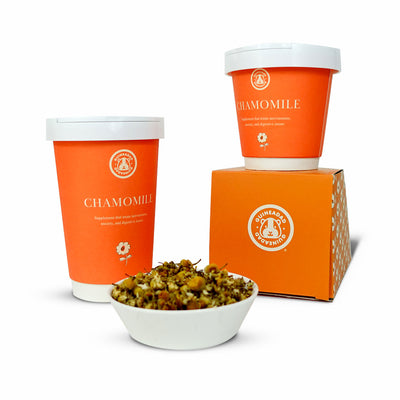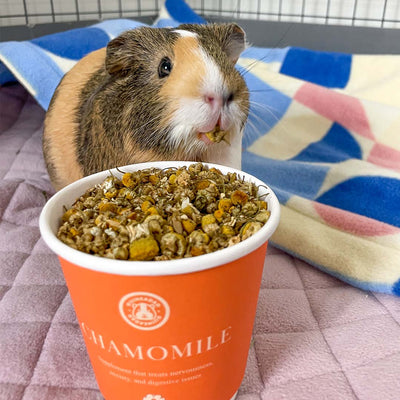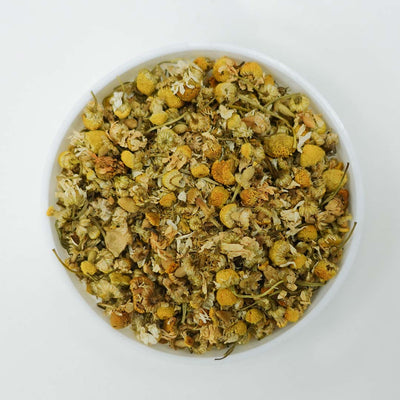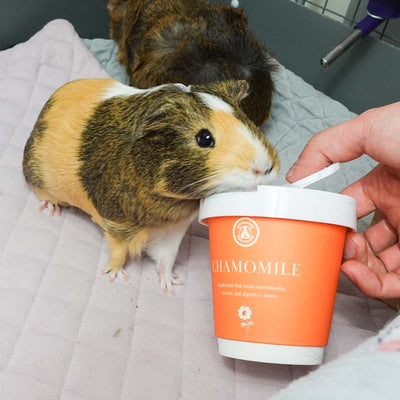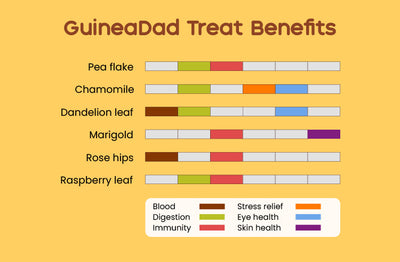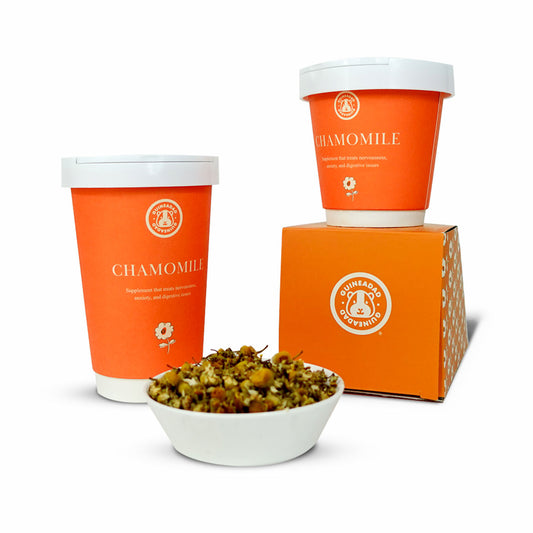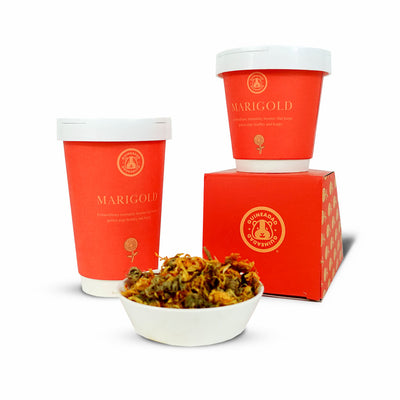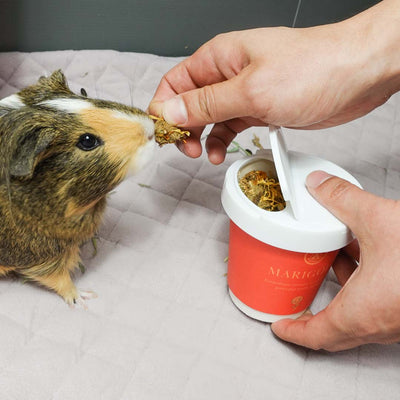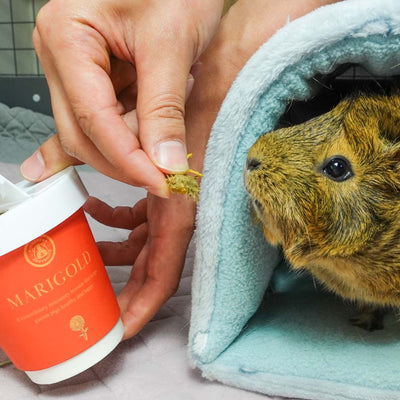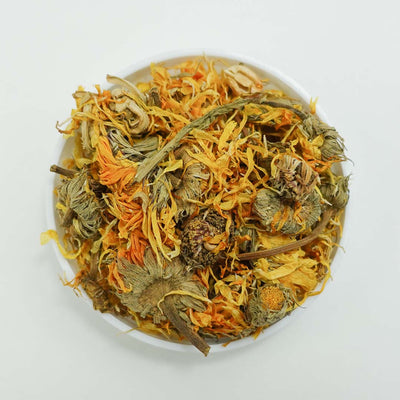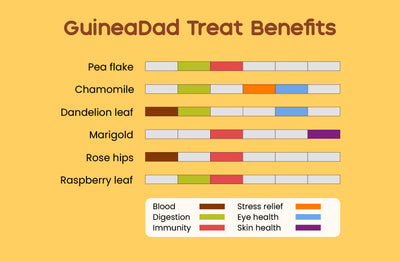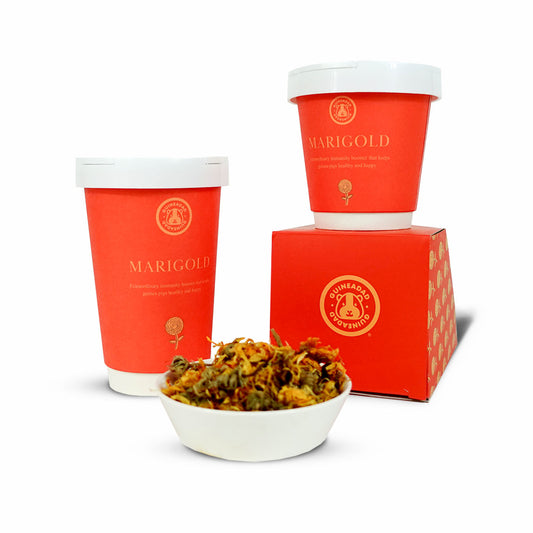The short answer is yes, guinea pigs can eat rosemary. However, just like most types of fruits and vegetables for guinea pigs, it’s important to feed your guinea pigs produce in moderation. This is because each type has different vitamins and nutrients overall, as well as different amounts of these things.
While guinea pigs do need certain nutrients in their diet, it’s vital that they’re given in balanced amounts so the guinea pigs don’t get sick!
The average guinea pig diet should consist mostly of hay and water, with some pellets, and only around a cup of fresh fruits and vegetables. It’s important that your guinea pig’s diet is more hay than anything else, because it’s essential to your guinea pig’s digestive system.
If you’d like quick information on the different types of fruits and vegetables that your guinea pig can eat, check out our Fruits Master List and our Vegetable Master List.
What vitamins and other nutrients does rosemary contain?

Vitamin A
Helps protect your guinea pig against free radicals, which can cause different diseases in guinea pigs, as well as damage cells, and cause cancer. It’s also important to note that guinea pig eyesight isn’t that great, so it’s vital that we preserve and maintain what they’ve got already!
Vitamin A also aids the body in your guinea pig’s growth and development, and this isn’t just their overall physical body, but includes the growth and development of cells. It’s also working to help the heart, lungs, and other organs to work properly. It even helps with fetal development, so a pregnant guinea pig will need more vitamin A than normal guinea pigs! There is 2924 IU of vitamin A in 100 g of rosemary.
Vitamin C
Vitamin C is necessary for preventing scurvy and building up your guinea pig’s immunity to prevent infections, as well as fight off illnesses. It’s important that we prevent scurvy as much as possible, as it can cause so many secondary health effects that can make your guinea pig’s life quite uncomfortable.
Once a guinea pig has scurvy, they can suffer from things like discomfort eating, excessive bleeding in small and minor wounds, as well as a number of other things. Sometimes, scurvy can even cause death. Vitamin C is also necessary for preventing infection, as well as the recovery process from those infections.
Many different kinds of infections, such as fungal infections, can breed secondary infections. It’s important to prevent these from happening in the first place! There is 21.8 mg of vitamin C in 100 g of rosemary.
Iron
Iron is important for maintaining blood health. It plays a vital role in protein creation for the transport of oxygen throughout the guinea pig body. When it comes to myoglobin and hemoglobin, the production of these proteins is extremely important!
Myoglobin’s main function is to provide oxygen to your guinea pig’s muscles, whereas hemoglobin is the protein that carries oxygen to your guinea pig’s organs and tissues. Hemoglobin even has a role in transporting carbon dioxide out of your guinea pig’s organs and tissues.
Ensuring that your guinea pig has enough iron is important to ensure that all their organs and cells are properly working. If your guinea pig doesn’t have enough iron, they can become anemic! There is 6.7 mg in 100 g of rosemary.
What other benefits does rosemary provide for your guinea pig?
Rosemary is high in fiber! This is essential for good digestion in a guinea pig, especially since their ability to fully absorb nutrients isn’t as efficient during their first round of eating their food. Guinea pigs are one of the animals that consumes their own poop!
In order for them to be able to absorb all the necessary components from their food, guinea pigs will eat, then poop, then eat that poop! These poops are called caecotrophs, and they’re highly nutritious for your guinea pig—it’s perfectly normal and OK for them to eat it.
This is how they make the most of their food’s vitamins and minerals, so it’s important that they’re having plenty of fiber in order to keep food moving in and out of their body. Foods rich in fiber are great to feed your guinea pig, and it’s also why hay is such an important part of their diet as well. You can read more about your guinea pig’s digestive system here.
What are the downsides about rosemary for guinea pigs?
Rosemary is quite high in calcium, unfortunately. As you know, guinea pigs shouldn’t have too much calcium, as it can cause problems with their urinary tract. These issues include urinary tract infections that can cause bladder and kidney stones.
When it comes to bladder stones, these can clog the urinary tract and make it painful and difficult for your guinea pig to pee properly. In some cases, it can even stop them from peeing completely if it blogs the urethra. This is where it can get dangerous very quickly, and even fatal.
Guinea pigs need calcium in their diet for certain body functions and for their overall health, but it’s important that they have it in moderation in order to prevent these unpleasant urinary tract complications.
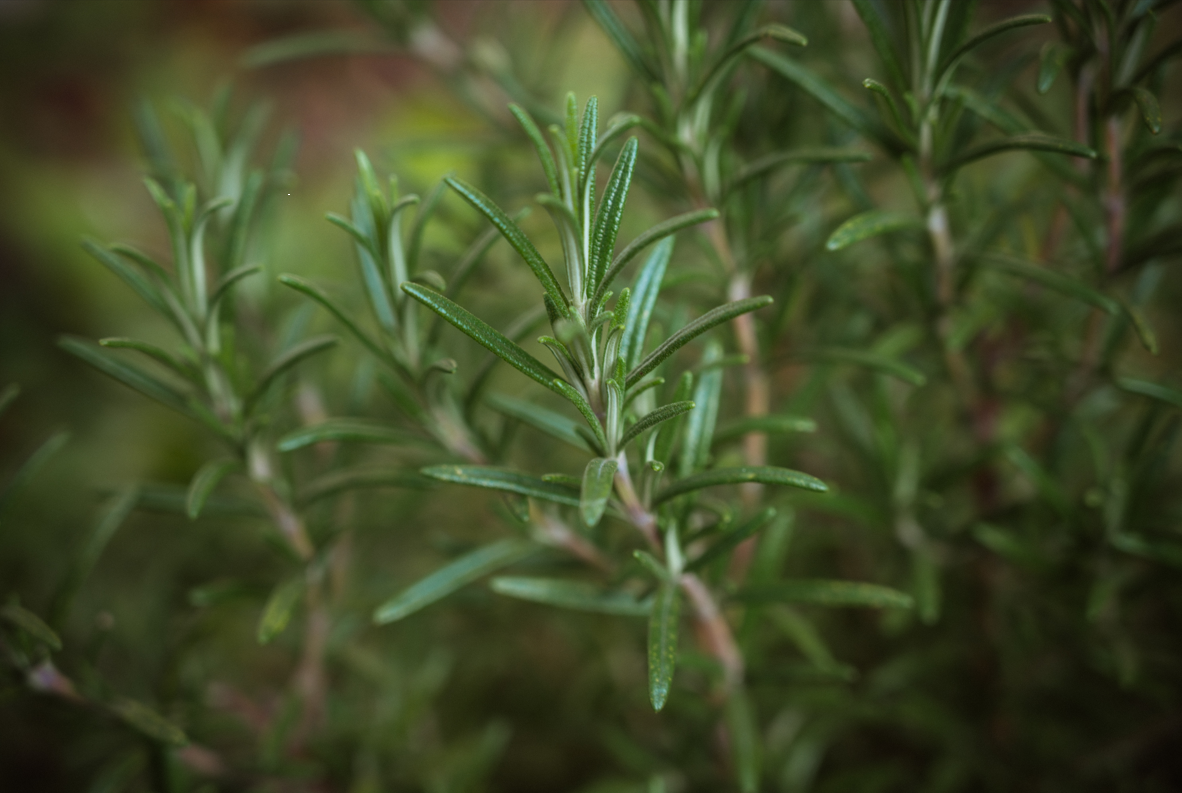
Rosemary is also quite high in carbohydrates and fats. While it’s necessary for your guinea pigs to have some carbs for fuel, it’s important that they don’t have too much. It’s also essential for your guinea pig not to have too much fat, and their diet should be as low in fat as possible to avoid any unsavory health defects.
Guinea pigs can eat rosemary, but do they like it?
Guinea pigs have been known to get pretty excited even at the smell of rosemary, so we think it’s safe to say that they do like it! However, it will vary from guinea pig to guinea pig since they all have their own preferences and taste buds!
How should you go about feeding your guinea pig rosemary?
As mentioned before, guinea pigs should be fed all types of fruits and vegetables in moderation, and that’s especially true with rosemary! If you’re planning on including it into your guinea pig’s diet, make sure that you only give them two or three leaves of rosemary once or twice a week.
Any more than that would be overloading them with calcium and the other things that this herb has high content of, including carbohydrates and fats!
Overall, it is OK to feed your guinea pigs rosemary!
As we’ve mentioned multiple times, guinea pigs should be fed all of their different types of produce in moderation in order to avoid them over consuming different vitamins and minerals.
It’s important to keep in mind that guinea pigs should only have around one cup of fresh fruits and vegetables per day, and the rest of their diet should be made up mostly of hay. This is because of the amount of fiber that it provides to your guinea pig, as well as a number of other nutrients that are essential to their health!
We have a Vegetable Master List and a Fruits Master List that compiles all of the most commonly fed fruits and vegetables! These charts both include quick information on the nutrition facts of each produce item, while also providing information on how much to feed your guinea pig, as well as how often!
This is great for those who don’t want to spend time reading each blog post on each fruit and vegetable, but if you’d like to do that, the links to each of those posts are provided as well.
Want to read more about your guinea pig’s diet?
Check out these blog posts. Also, never miss out on a blog post again! Sign up for our newsletter to get all the latest posts delivered straight to your inbox.


























